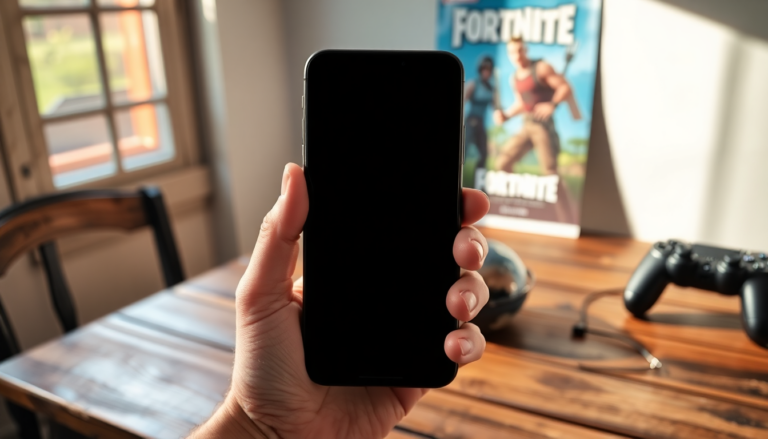Argomenti trattati
Fortnite has taken the gaming world by storm, captivating millions with its engaging gameplay and vibrant graphics. Yet, for iPhone users in the U.S., accessing this beloved battle royale game has become an elusive dream. The reasons behind this absence are steeped in a complex web of legal, technical, and business-related issues that have created a significant barrier for mobile gamers. Let’s dive into the intricate details of this situation.
Legal battles and App Store controversies
One of the most prominent reasons for Fortnite’s unavailability on iPhones in the U.S. stems from ongoing legal disputes between Epic Games, the developer of Fortnite, and Apple. In 2020, Epic challenged Apple’s App Store policies by introducing a direct payment system within Fortnite, circumventing Apple’s 30% commission fee. This audacious move triggered a cascade of events, leading to Apple removing Fortnite from the App Store. The legal battle that ensued has since highlighted the contentious relationship between app developers and platform owners, raising questions about fairness and monopoly in the digital marketplace.
As many know, Apple has a stringent set of guidelines that every app must follow to be listed on its App Store. Epic’s direct payment system not only violated these guidelines but also put into question the very foundation of Apple’s App Store revenue model. So, while players on other platforms continue to enjoy Fortnite, iPhone users are left in the lurch, waiting for a resolution that seems far off. I remember when I first heard about the Epic Games vs. Apple saga; it felt like a real-life David versus Goliath story, where the stakes were incredibly high for both sides.
Impact on mobile gaming community
The absence of Fortnite on iPhones has created ripples throughout the mobile gaming community. For many, Fortnite isn’t just a game; it’s a social platform, a place to connect with friends and engage in thrilling competitions. The inability to access Fortnite means missing out on significant cultural moments, seasonal events, and updates that keep the community buzzing. Players have had to turn to other battle royale games like PUBG Mobile or Call of Duty: Mobile, which, while entertaining, don’t quite capture the same essence that Fortnite does.
Moreover, this situation has sparked discussions among gamers regarding platform loyalty. Should players invest in a console or another mobile device to enjoy Fortnite? Or should they stand by their iPhones and wait for a resolution? Personally, I believe that this dilemma is emblematic of a larger issue within the gaming industry, where platform exclusivity can drastically alter player experiences and community dynamics.
Future prospects and potential resolutions
Looking ahead, what does the future hold for Fortnite on iPhones? The resolution of the legal disputes between Epic Games and Apple is pivotal. Both companies have expressed their willingness to negotiate, but the path to a settlement is fraught with challenges. As it stands, players remain hopeful for a return of Fortnite to the App Store, but the reality is that it may depend on the outcome of ongoing legal battles.
As the gaming landscape evolves, so too do the expectations of players. The rise of cloud gaming services could offer a potential workaround for iPhone users, allowing access to Fortnite through streaming platforms. This could be an exciting development, but it also raises questions about performance, latency, and the overall gaming experience. Just imagine playing Fortnite on your phone without the need for a dedicated app—it’s a tantalizing thought! However, will it live up to the hype? Only time will tell.
Conclusion
The absence of Fortnite on iPhones in the U.S. is a multifaceted issue rooted in legal disputes, platform policies, and the evolving nature of mobile gaming. As the gaming community continues to adapt and find new ways to connect, the hope remains that Fortnite will once again become accessible for iPhone users. Until then, the quest for the perfect gaming experience goes on, and who knows what the future holds?

